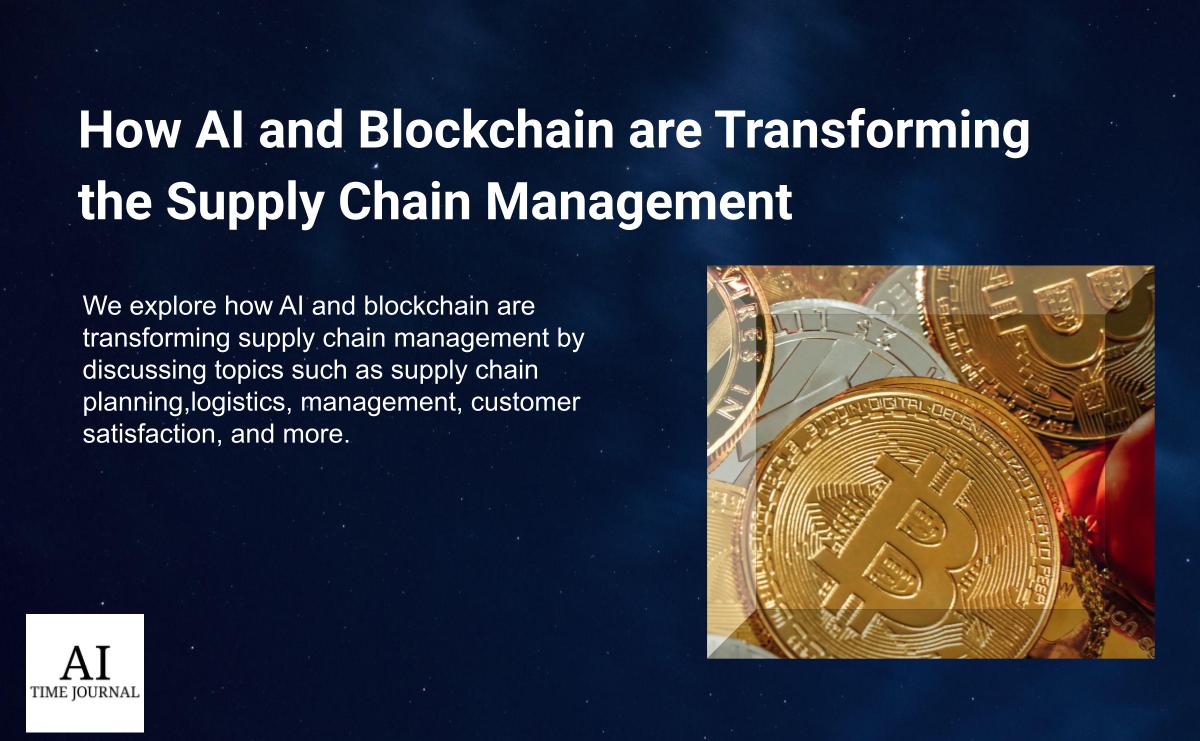
Modern supply chains have reached an unprecedented and rather extraordinary level of complexity. The increasing digitization of the physical world, in conjunction with the innovation of IoT technology and sophisticated personality-based targeted marketing techniques, has created an ecosystem where consumer markets are instantaneously accessible, adaptable, and trackable.
While there is an enormous potential for profit on the side of businesses, increases in demand have made the maintenance of a linearly structured supply chain unfeasible, especially when it is no longer strictly defined by its transition from raw material to final product. Moreover, consumers, businesses and suppliers now form a multi-dimensional conglomerate that ranges beyond specific industry-domains, population demographics, and national borders.
These dynamics have outlined the vulnerability of our existing supply chains. Investigative consumer engagement and critical analysis have revealed the importance of ethically sourced raw materials and the need for supply chain transparency, especially with respect to the establishment of product value and sustainable development.
Additionally, the functional complexity of supply chains has made it highly difficult for businesses to fully grasp the intricacies of product development operations, resulting in an increased vulnerability to counterfeit trading and less effective stakeholder engagement.
The emergence of blockchain technology, especially when combined with predictive analytics and Deep Learning, can discreetly resolve many of the supply chain issues mentioned above, in ways that both adhere to modern democratic ideals and respect the necessary existential conditions of free markets.
Supply Chain Transparency
Blockchains are gaining increasing popularity for their fundamental involvement in the Cryptocurrency and NFT markets. Blockchains are, essentially, digital decentralized ledgers that store transaction information; this information is accessible and verifiable, and more importantly, nearly impervious to interference or manipulation.
Supply chain transactions are notoriously difficult to disseminate. They must involve the analysis of three specific domains: retail, supply, and funding.
While these domains appear relatively straightforward, their interaction with one another is not, especially since current financial ledger systems do not necessarily document transactions at the individual domain level. Furthermore, the flow of information through each of these domains cannot be captured and analyzed in real-time, thereby increasing the risk of execution errors.
Moreover, transactions are typically verified and approved via auditing mechanisms, which can be difficult to implement when orders have several components including but not limited to different varieties of shipment allocation and payment confirmations.
Blockchains can remedy these deficits in supply chain management by implementing distinct identifiers that define each domain and step of the process precisely; these identifiers are also applied to the people involved in the process, and serve as digital signatures that then verify a given block within the chain. This system allows for the creation of a clear and transparent representation of the entire transaction process.
Seeing as the information stored within blocks is publicly accessible, consumers have the opportunity to scrutinize and verify the transactions themselves. Effectively, by tracking every step in the supply chain, consumers can deduce whether or not a product’s market value is truly representative of its quality.
Furthermore, consumers also have the opportunity to apply their personal moral and ethical standards to the product development process. For those concerned with environmental sustainability, it will be possible to analyze the conversion from raw material to final product to a high level of detail, and subsequently apply social pressure on companies that do not optimize for sustainable sourcing and manufacturing practices. These types of practices can also be extended to uncover any illegal or relevant humanitarian issues that undermine the integrity of companies and consumers alike.
Better Stakeholder Engagement
Stakeholders are individuals that are invested, either financially, politically, or morally in companies, the missions they aim to uphold, and the products they develop. As such, stakeholders hold the right to influence how a company designs and manages its supply chain, and more importantly, whether or not its practices adhere to a set of guidelines they consider fundamentally important.
As previously stated, blockchains dramatically increase supply chain transparency, which from the perspective of stakeholders, would promote accountability while also outlining potential sources of liability that may consequently reduce the company or product’s value. By having this perspective, stakeholders would inherently escalate the level of influence they can exert, and necessarily become more engaged in supply chain management. On the other hand, this level of transparency also precludes company executives from crafting stakeholder-targeted narratives that superficially satisfy their needs or requirements – this would result in higher levels of trust and better stakeholder-company partnerships.
Additionally, by combining the use of blockchain with ML-driven predictive and recursive analytics, stakeholders would be able to better anticipate how to improve the supply chain and maximize profit and company value. A clear access to a data-driven supply chain would streamline collaborative partnerships and allow companies to pinpoint inflection points that they may not usually be able to identify.
Finally, let us briefly explore the benefits of two well-known machine learning techniques that are making their way into supply chain management: Reinforcement Learning and Neural Networks.
Reinforcement learning is modeled on Pavlovian classical conditioning paradigms, which cultivate certain ‘behaviors’ through the presentation of task-relevant rewards or punishments. This method, if implemented in the supply-chain, would allow algorithms to perform real-time data analytics, providing vital sources of information regarding inefficiencies or strengths in the process; companies could then use this information to persuade stakeholders to increase their investments respectively, or, conversely, stakeholders could put pressure on the company to better adhere to their pre-set guidelines.
Deep learning, on the other hand, is incredibly versatile in its applications. It can lay the groundwork for sophisticated targeted marketing techniques, generate customer segmentation frameworks, compress and clearly visualize patterns in large-scale datasets, and simplify the intricacies of the supply chain process in a presentable way. All these sources of information will further strengthen the company-stakeholder relationship such that it is both financially sustainable and collaborative.
Increasing Public Trust
Depending on the nation you live in, corporate regulation may be more or less widely implemented. In those nations in which the central government has a strong presence, the level of public trust in corporate practices may be higher, due to more stringent constraints on corporation’s abilities to profit from markets and behaviors that are typically blind to consumers.
However, the presence and implementation of blockchain technology in corporate supply chain management will increase company’s vulnerabilities to consumer sentiments, which often act as a primary driving force in both national and transnational markets.
In this case, companies will have two options: they can either disregard the fact that consumers have direct access to their supply chain practices and continually attempt to profit from their ignorance, or more realistically, they can recognize and openly accept procedural flaws then work to improve them. This would not only satisfy consumers from a moral and ethical standpoint, but also grow the likelihood of a company increasing its market share.
Companies that were able to prove they made tangible changes in their supply chain management that are reflected in product value would be better able to retain their customers and build concrete community-based relationships.
Reduction in Counterfeit Trading
Counterfeit trading is a company or private entity’s creation of a product that is meant to replicate an already existing product on the market with the aim of tricking consumers into thinking it is the ‘real thing’. For instance, I may choose to design a smartphone with the Apple logo on it and the same sleek look, and then market it to people as the latest Iphone. While this is undoubtedly illegal and a direct breach of trademark laws, it still happens, especially in densely saturated markets.
In reality, most examples are not this clear-cut. By tracking the supply chain using blockchain technology consumers and companies alike can verify the legitimacy of the product being developed. Moreover, those entities developing illegitimate products will not have the ability to tweak their blockchains after blocks have been established, making it impossible for them to obscure their practices.
